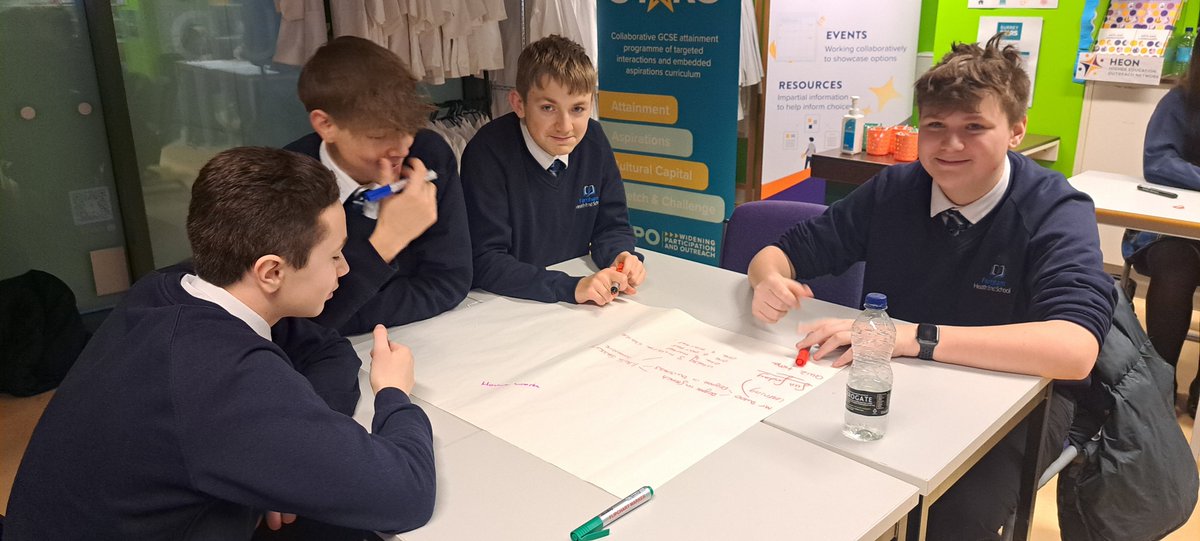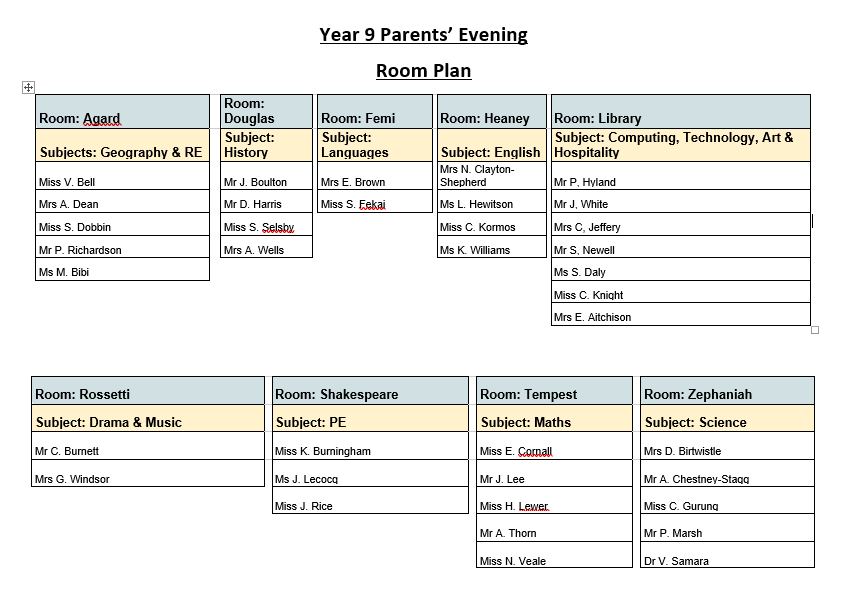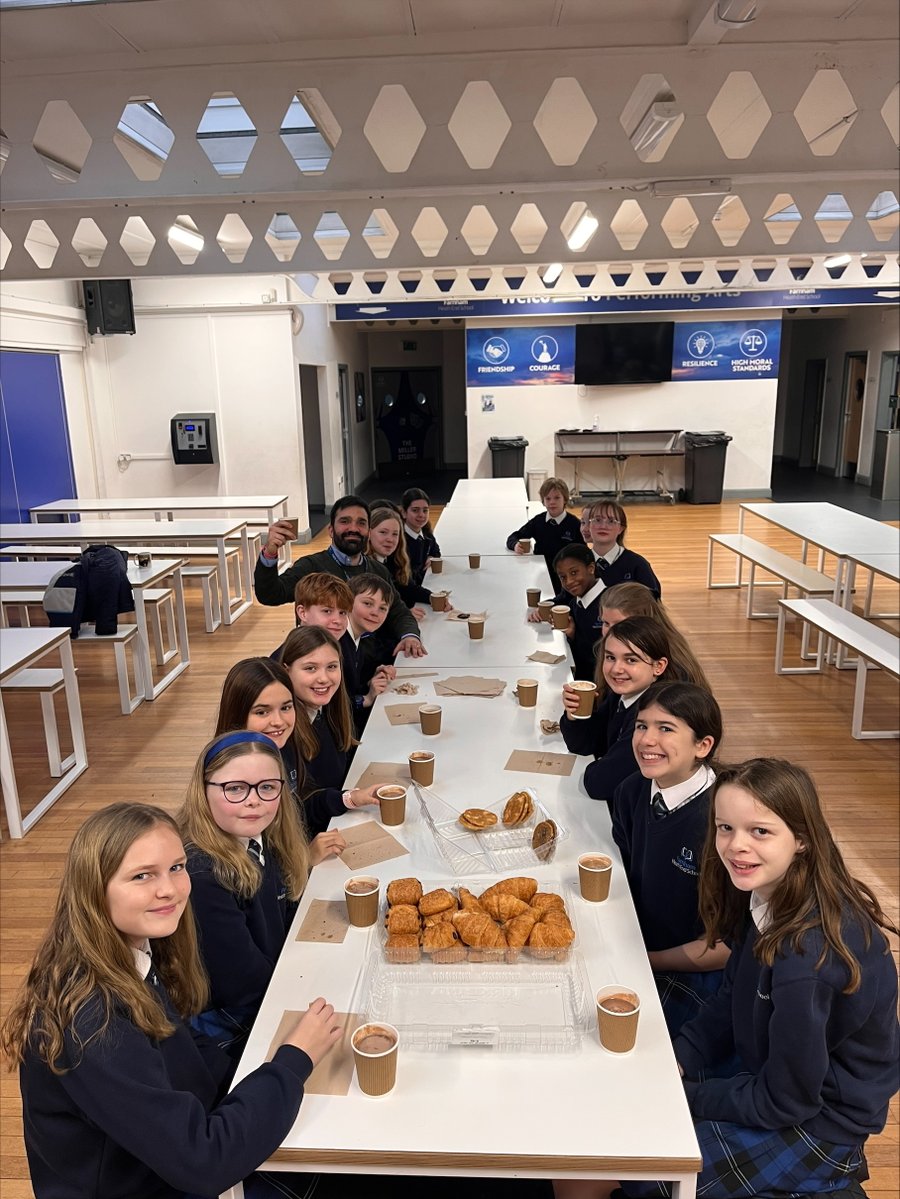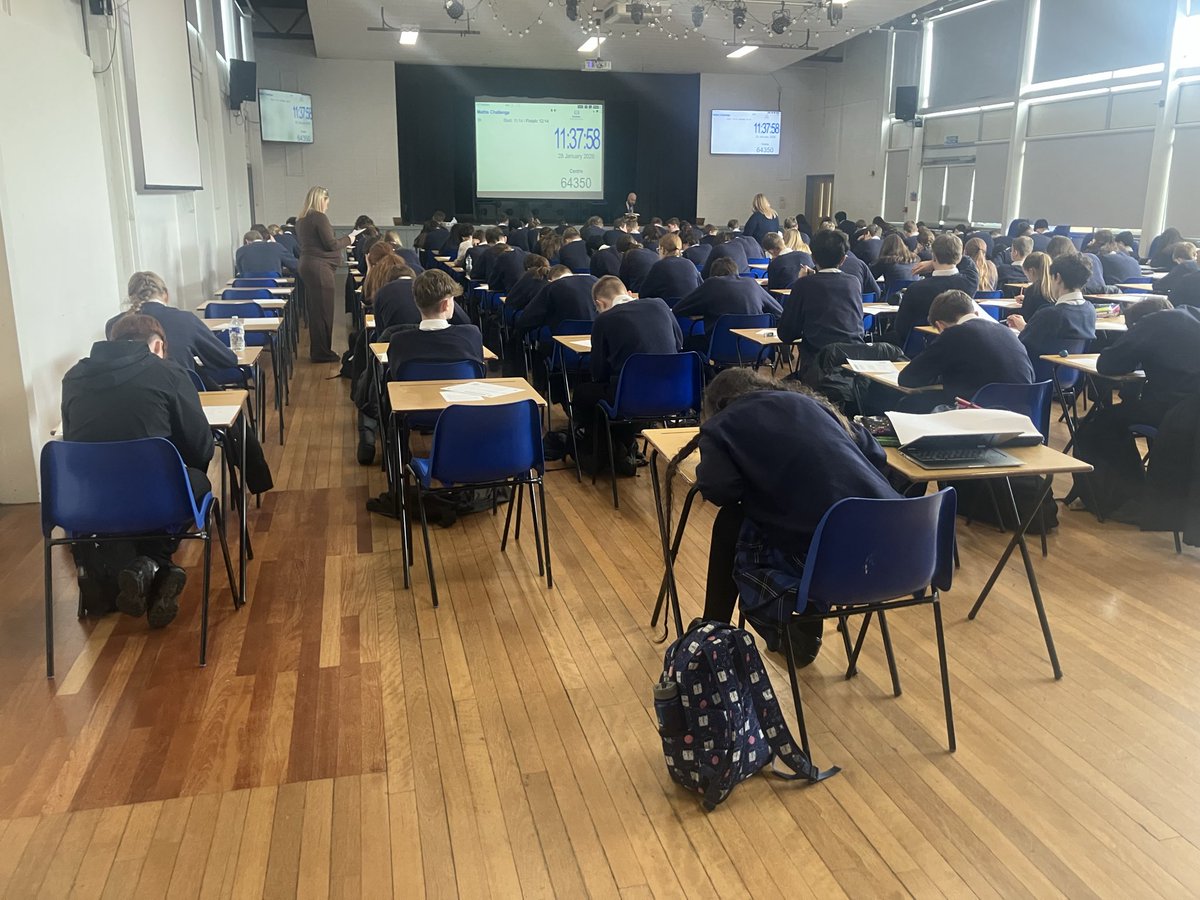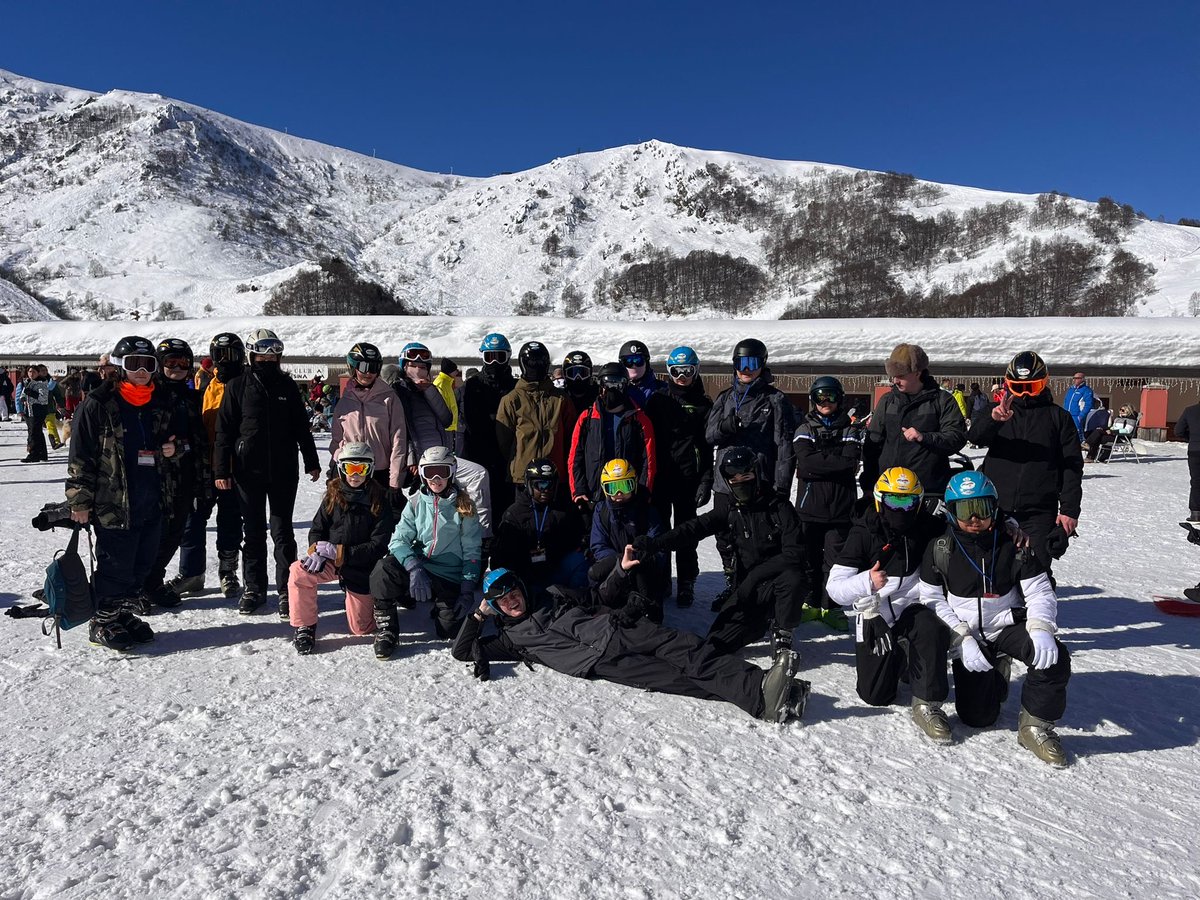 @TeamFHES - 17/02/2026Day 1 on the slopes for our Skiers #TeamFHES
@TeamFHES - 17/02/2026Day 1 on the slopes for our Skiers #TeamFHES- Home
- Curriculum
- Department Information
- Subject Information - PE
Subject Information - PE
VISION / AIM
Please be advised that the PE Department is currently undertaking a comprehensive review of its curriculum.
We are developing an exciting new 4/5 year PE curriculum which is scheduled for full implementation starting in the academic year 2026/2027.
What to expect during the review period:
-
We remain committed to providing a wide variety of sports and physical activities for all students.
-
We will continue to offer diverse opportunities through both our curriculum lessons and our extensive extra-curricular programme.
-
Our goal is to ensure that every student has the opportunity to thrive in physical activity and find an area where they can succeed and enjoy being active.
We appreciate your understanding and look forward to sharing more details about the new curriculum as the review progresses.
At Farnham Heath End School we offer a broad and ambitious curriculum, and extra-curricular programme to support with students making a lifelong commitment to physical activity and sport.
We ensure all students have the opportunity to become a hero, whilst developing a lifelong passion for sport and movement.
PE is a subject like no other! Studying PE allows students to understand how to maintain a physically, mentally and socially healthy lifestyle; whilst building resilience and character through a range of different sports and activities. Studying PE allows students to develop confidence and competency in their sporting performance. Furthermore, exposure to a range of different sports both during curriculum lessons and extra-curricular clubs can establish strong pathways to elite sporting centres.
The range of sporting extra-curricular opportunities at FHES is hugely diverse and we truly believe there is something for everyone! As a department, we conduct regular student voice surveys to ensure our programme is tailored to the interests of our students. All sports are open to all year groups and genders. The range of sports clubs and teams we offer is detailed below. We have a huge number of sports teams in which students will have the opportunity to represent. We pride ourselves on ensuring all teams remain inclusive and accessible to all students, whilst striving for excellence alongside this. This is evidenced by offering two teams in multiple year groups, as well as having regular league and cup success in a range of different sports and year groups.
Further information can be requested from Miss H Benham, Head of Department, hbenham@fhes.org.uk
CURRICULUM OVERVIEW
|
|
Autumn Term |
Spring Term |
Summer Term |
|
Years 7-10 |
Invasion Game & Aesthetics All students will complete ONE of: -Basketball -Rugby -Football -Netball
|
Net/wall OAA & Aesthetics All students will complete ONE of: -Dance Gymnastics All students will complete ONE of: OAA to include -Map reading/ orientation -Problem solving -Teamwork All students will complete ONE of: Table Tennis Badminton |
Athletics/ Striking and fielding All students will complete ONE of: -Cricket -Rounders All students will complete ONE of: Athletics (track/field/jumps) |
KEY SKILLS
|
Key Skills |
Year 7 |
Year 8 |
Year 9 |
Year 10 |
Year 11 |
|
Develop physical skills in each sport and demonstrate progress in line with success criteria. |
Students will perform skills in isolation and learn how to embed them into a game situation. |
Students will learn how to combine skills and learn how to embed them into a game situation. |
Students recap each skill and will learn the tactics around skills and how to best use them to outwit opponents. |
Students will recap each skill and develop tactics in different game-based scenarios. |
Students will apply their knowledge of skills in game-based lessons. |
|
Use of a range of tactics/strategies to overcome opponents in team sports. |
Students will begin to explore a variety of methods to overcome their opponents. For example, exploring tactical decisions within their passes, plays and positioning. |
Students will begin to implement a variety of methods to overcome their opponents. For example, outwitting opponents with a variety of passes, plays and positioning. |
Students will be able to cater decision making and discuss the tactical advantage of using particular methods to overcome their opponents. For example, methods of marking (man to man/zonal), fakes/dodges, passes and plays.
|
Students will be able to use a variety of methods to overcome their opponents. These will have a high success rate and decision making will be effective in a variety of competitive scenarios. For example, methods of marking (man to man/zonal), fakes/dodges, pass choice and tactical plays/set pieces. |
Option choices- students can choose pathway throughout the year with focus on sport for life. Within their chosen sport, they will be able to use a variety of methods to overcome their opponents. These will have a high success rate and decision making will be effective in a variety of competitive scenarios.
|
|
Use of a range of tactics/strategies to overcome opponents in individual sports. |
Students will begin to explore a variety of methods to overcome their opponent. For example, exploring tactical decisions within their passes, plays and positioning. |
Students will begin to explore a variety of methods to overcome their opponent. For example, outwitting opponents with a variety of passes, plays and positioning. |
Students will be able to cater decision making and discuss the tactical advantage of using particular methods to overcome their opponents. For example, when to use specific shots, plays and positioning. |
Students will be able to use a variety of methods to overcome their opponents. These will have a high success rate and decision making will be effective in a variety of competitive scenarios. For example, fakes/dodges, shot choice and tactical plays/set pieces. |
Option choices- students can choose pathway throughout the year with focus on sport for life. Within their chosen option, students will use a variety of methods to outwit their opponent. Students will have a high degree of success and be effective in competitive scenarios. |
|
Ability to review, reflect and assess own performance and make improvements. To be able to effectively peer assess. |
To be able to apply teacher feedback to make improvements in performance in line with success criteria. |
To be able to be provide peer feedback, as well as staff feedback on performance and techniques to support with progress towards success criteria. |
To be able to reflect and assess own performance with limited teacher input, whilst continuing to make progress towards success criteria. |
To be able to critique professional/model levels of performance and apply key skills to own performance. |
To set own success criteria and be able to determine how and where progress can be made in line with own performance. |
|
Develop Dance techniques with a range of dance forms. |
To be able to demonstrate the ability to move to the beat of the music and adapt set materials of choreography. Students develop a kinaesthetic awareness through a variety of tasks that focus on posture, angles and shapes. |
Students learn how to peer and self-evaluate performances within the class with teacher scaffolding (potentially using technology). Students learn how to tell stories through dance styles (potentially relating to life events). |
To be able to create routines independently (or/and as a group - with minimal scaffolding from the teacher) that includes key features from a variety of dance styles OR focusing on one dance style for the duration for the half term. Students are able to use skills and knowledge learnt in Years 7 and 8 within independent work. Students are able to critically evaluate professional work. |
GCSE Dance option |
GCSE Dance option
|
|
Implementation of non-physical attributes in line with school values including friendship and high moral standards. |
Ability to work as part of a team, demonstrating communication, listening and friendship. Able to understand the abilities of others and be empathetic. High moral standards in terms of utilising equipment. |
Ability to work as part of a team, and able to begin to take on leadership roles. Able to understand roles in performance/play and where best to utilise different abilities. High moral standards in terms of utilising equipment. |
Ability to work as part of a team, demonstrating various roles within a team, e.g. coach, player, referee. High moral standards in terms of utilising equipment and coaching/refereeing game play. |
Ability to work as part of a team, demonstrating various roles within a team, e.g. coach, player, referee. High moral standards in terms of utilising equipment and coaching/refereeing game play Ability to demonstrate resilience in engaging in PE lesson and understanding reasons for curriculum. |
Ability to work as part of a team, demonstrating various roles within a team, e.g. coach, player, referee. High moral standards in terms of utilising equipment and coaching/refereeing game play Ability to demonstrate resilience in engaging in PE lesson and understanding reasons for curriculum. |
|
Develop understanding of key rules associated with and regulations with sports to allow students to perform within the laws of the game. |
Students will learn the fundamental rules of each sport leading to them being able to officiate elements of the game situation. |
Students will develop their knowledge of the rules in greater detail to be able to officiate full games. |
Students' knowledge of the rules will be developed and can officiate full games. They will also be able to pass on their own knowledge to other students. |
Students will be experienced in the sport and know the intricate rules which do not occur as often. They will be able to pass this knowledge onto their peers. |
|
GCSE PE CURRICULUM

GCSE PE EXAM BOARD
|
Exam Board |
AQA and CNAT Sport Studies - OCR |
|
|
Paper 1 |
Applied Anatomy and Physiology Movement Analysis Physical Training Use of Data |
Written Exam: 1 hour 15 minutes 78 marks 30% of GCSE A mixture of multiple choice/ short answer/extended answer questions. |
|
Paper 2 |
Sports Psychology Socio-cultural influences Health, fitness and well-being Use of Data |
Written Exam: 1 hour 15 minutes 78 marks 30% of GCSE A mixture of multiple choice/ short answer/extended answer questions. |
|
NEA Practical (30% of GCSE) |
Students will be assessed on 1 x team sport and 2 x individual sport OR 2 x team sport and 1 x individual sport. Full list of sports students are permitted to be assessed on is detailed here: |
|
|
NEA Coursework (10% of GCSE) |
Analysis and evaluation of performance to bring about improvement in one activity. |
|
|
Link to the Specification |
https://www.aqa.org.uk/subjects/physical-education/gcse/physical-education-8582/specification-at-a-glance |
|



